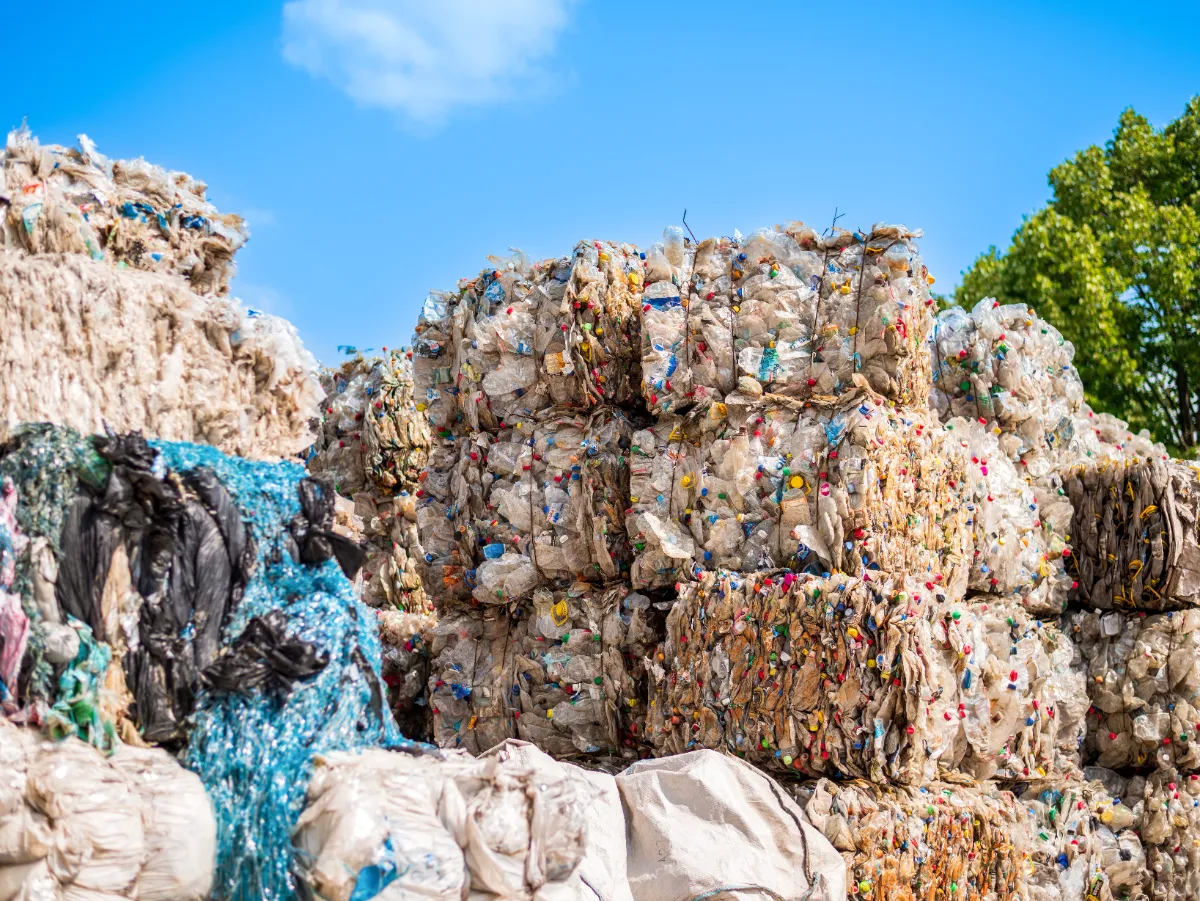The global plastic recycling machine market is experiencing significant growth, driven by heightened awareness of environmental sustainability and the increasing demand for recycled plastics across various industries. With an anticipated Compound Annual Growth Rate (CAGR) of 5.2% from 2023 to 2031, the market, valued at US$ 298.2 billion in 2022, is projected to reach US$ 481.2 billion by 2031. This growth is attributed to the collective effort of global stakeholders to mitigate the environmental impact of plastic waste.
Key Drivers of Market Growth
Surge in Demand for Recycled Plastics
The escalating demand for recycled plastics, primarily driven by the packaging, automotive, and construction sectors, underpins the market’s expansion. This trend reflects a broader shift towards sustainable materials, spurred by consumer awareness and stringent government regulations on waste management and recycling.
Technological Advancements
Innovations in recycling technologies, including enhanced sorting and processing techniques, have significantly increased the efficiency and quality of recycled plastics. These advancements facilitate the broader adoption of recycled materials in manufacturing processes, further propelling the market’s growth.
Government Policies and Regulations
Global initiatives to reduce plastic waste have led to the implementation of favorable policies and regulations supporting the recycling industry. These measures not only incentivize plastic recycling but also ensure a steady supply of recycled plastics for various applications.
Market Segmentation Insights
The market segmentation reveals a diverse landscape, encompassing machine types such as baler press, granulator, shredders, and extruders, catering to different plastics like Polyethylene Terephthalate (PET), Polyvinyl Chloride (PVC), Polyethylene (PE), and Polypropylene (PP). This diversity highlights the market’s capacity to address the varied needs of the recycling sector, from post-industrial recycling to post-consumer applications.
Regional Market Dynamics
Asia-Pacific emerges as a particularly attractive region for vendors, driven by its robust manufacturing sector and increasing environmental consciousness. However, the market’s growth is truly global, with significant developments across North America, Europe, and other regions, reflecting the universal push towards plastic recycling.
Key Players and Competitive Landscape
The market boasts a competitive landscape with key players like EREMA Engineering Recycling Maschinen und Anlagen Ges.m.b.H, Genius Machinery , and Rumtoo Machinery. These companies are at the forefront of innovation, offering advanced recycling solutions that cater to the growing demand for sustainable materials.
Conclusion: A Promising Outlook with Challenges Ahead
The global plastic recycling machine market is poised for substantial growth, driven by the urgent need for sustainable waste management solutions. However, the path forward involves addressing challenges such as the need for improved waste collection systems and the reduction of recycling costs. As the industry continues to evolve, the focus on innovation, policy support, and global collaboration will be crucial in harnessing the full potential of plastic recycling technologies.
Frequently Asked Questions (FAQs)
What factors influence plastic recycling machine prices?
The price of plastic recycling machines is affected by technological innovations, raw material costs, regulatory policies, global demand and supply dynamics, and energy prices.
How do regulatory policies affect plastic recycling machine prices?
Government initiatives and stricter waste management regulations can both increase manufacturing standards, leading to higher costs, and provide financial incentives, making investments in recycling machinery more appealing.
Can technological advancements in plastic recycling machines reduce operational costs?
Yes, while technological advancements can increase the initial purchase price of recycling machines, they often lead to more efficient recycling processes, which can reduce long-term operational costs.
Why is there a global demand surge for plastic recycling machines?
The global push towards sustainability and stricter recycling mandates in various regions are driving the increased demand for plastic recycling machines.
How do energy prices impact the plastic recycling industry?
Higher energy prices can raise the operational costs of running plastic recycling machines, affecting the overall cost-effectiveness of recycling operations.
INQUIRIES
To get the latest prices and lead times, send us a message using the form below.
[contact-form-7 id=”c9499fe” title=”Contact form 2″]



